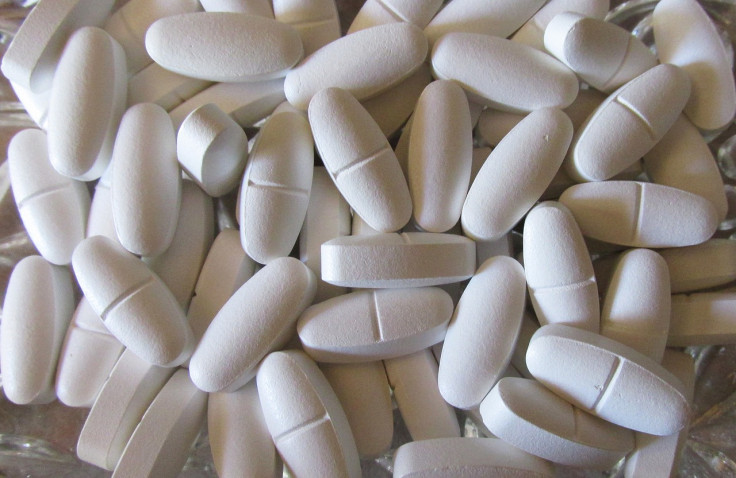Taking high doses of vitamins A, D, and E may reduce respiratory illnesses in adults
An intake of vitamin D solely from the diet will not be able to adequately help in maintaining sufficient vitamin D levels in the body.
The respiratory system is one of the most important systems of the body that everyone needs to take care of. A recent study found that there are three vitamins that prove truly beneficial for the respiratory system, such that they could reduce the risk of suffering from respiratory complications in adulthood.
A study titled, "Association between vitamin intake and respiratory complaints in adults from the UK National Diet and Nutrition Survey years 1–8," published in BMJ Nutrition, Prevention and Health journal found that an intake of vitamin D from supplements can help reduce the possibility of experiencing respiratory-related complaints. Two other vitamins that produce similar results were vitamin A and E, from supplements and from the diet.
Researchers from the Imperial College London and the London School of Hygiene and Tropical Medicine looked at 6,100 adults in a span of eight years. They found that there were 33 cases of respiratory complaints.
The researchers noted that their findings coincide with the hypothesis that taking vitamin supplements is important in order to ensure that the body's vitamin D levels are maintained. The study also suggests that the intake of vitamin D solely from the diet will not be able to adequately help in maintaining sufficient vitamin D levels in the body.
The team also said that more research is required in order to evaluate the implications of the study, especially in the current pandemic.
A separate study conducted by researchers from Boston University, headed by Dr Michael Holick and published in the journal PLOS ONE also indicated that patients above 40 years, who were shown to have sufficient vitamin D levels, cut their risk of dying by more than 50 percent from coronavirus complications.
In the US study, researchers took blood samples of 235 patients who were admitted to the hospital, and who were positive for COVID-19. Their vitamin D levels were measured and their bodily conditions were monitored. The researchers monitored if the patients experience difficulty in breathing, loss of consciousness, or fall fatally ill.
The Boston team came to the conclusion that patients who had daily vitamin D had a lower chance of experiencing complications.
With these studies attesting to the efficacy of vitamin D supplements in improving one's health, especially how it benefits adults and those suffering from illnesses, the next prudent thing to do may be, is to have some of those much-needed supplements.
© Copyright IBTimes 2025. All rights reserved.






















